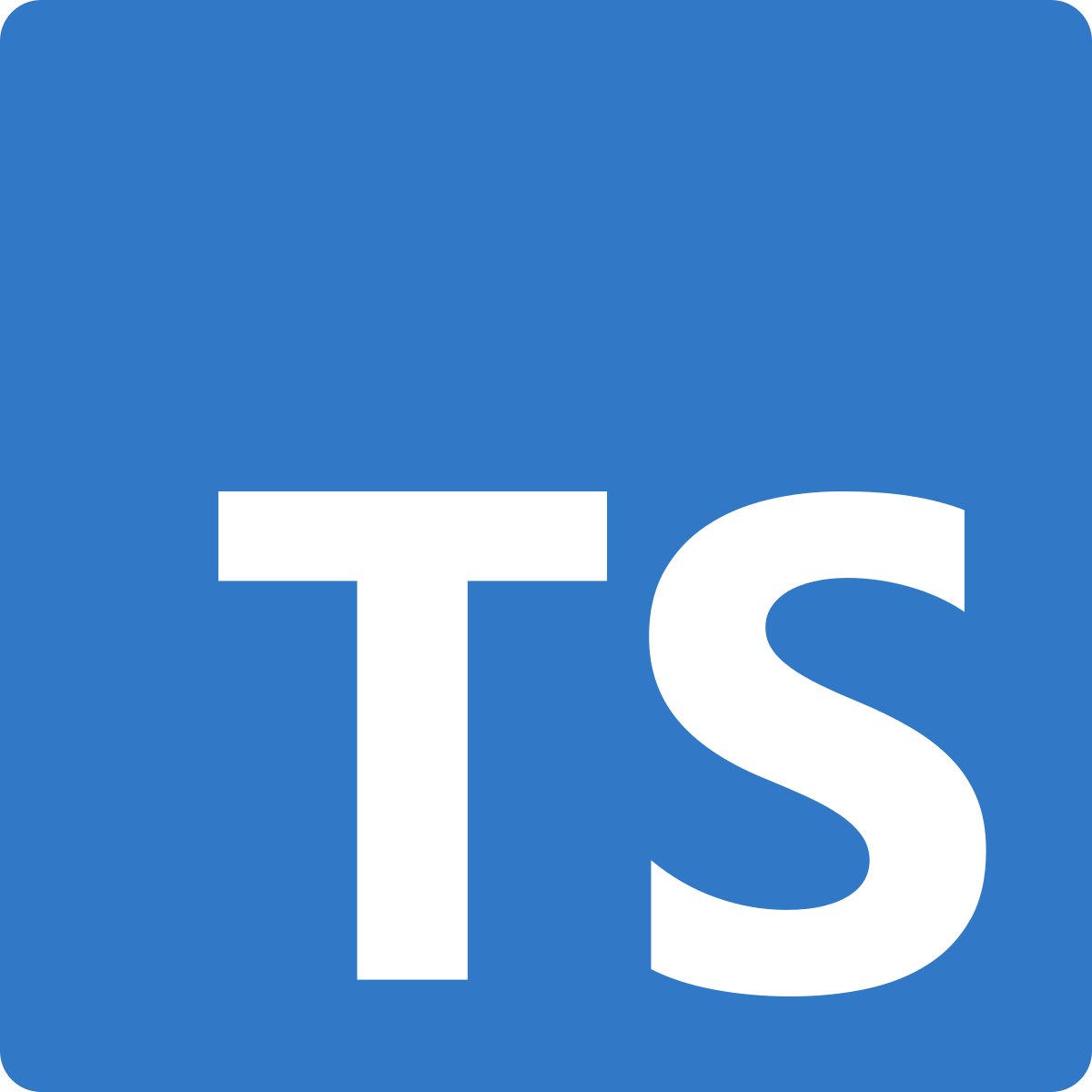My Comeback Tour: Learning TypeScript Through Athletic Software Engineering
06 Jun 2025
From Rusty to Refreshed: TypeScript Through a Veteran Newbie’s Eyes
It’s been a while since high school, but I’ve spent enough time wrestling with syntax errors across various languages to know that programming has a learning curve—and a memory curve. My background includes experience with Python, JavaScript (and p5.js), C++, C#, Java, and even some front-end tools like HTML and CSS. But like many self-taught or sporadic coders, I never truly “mastered” any one language back then. Jumping into TypeScript now feels like returning to the gym after a long break: the form isn’t perfect, but the muscle memory is still there.
The TypeScript Experience
TypeScript felt like JavaScript’s responsible older sibling. At first, I had to warm up to its stricter rules and explicit typing, but as I worked through the examples and exercises, I began to appreciate its guardrails. Compared to my time with vanilla JavaScript, TypeScript made debugging and collaboration feel more structured and predictable. It helped me “think in types,” which isn’t always natural coming from more permissive languages. The module also made me more aware of how ES6 features—like arrow functions and destructuring—can be cleanly integrated with TypeScript’s static typing to write safer, more readable code.
The WOD Mentality: Stressful but Surprisingly Effective
The “athletic software engineering” approach through Workout of the Day (WOD) exercises was something I’d never encountered before. And I’ll be honest: at first, it was stressful. The timer ticking down as I scrambled to recall syntax or track down bugs gave me flashbacks to timed tests. But over time, that pressure became productive. The WODs forced me to focus, eliminate distractions, and learn by doing, not just reading. And when I missed the time goal? That was valuable too—I reviewed my process and got better the next time.
The gamified approach helped me measure progress in a tangible way. It also kept the learning environment from feeling too academic or dry. I actually found myself enjoying the challenge of “beating my last time,” which is not something I usually associate with homework.
Final Thoughts: Is TypeScript Good?
From a software engineering perspective, I’d say TypeScript is a solid language. It promotes maintainability and scalability—qualities that matter in the real world. While it adds complexity up front, that complexity is intentional. It teaches good habits, encourages clearer thinking, and helps catch bugs before runtime. Combine that with the WOD learning model, and I feel like I’m building not just knowledge, but endurance—the kind of skill that actually sticks.
So yeah, the comeback tour is going well.